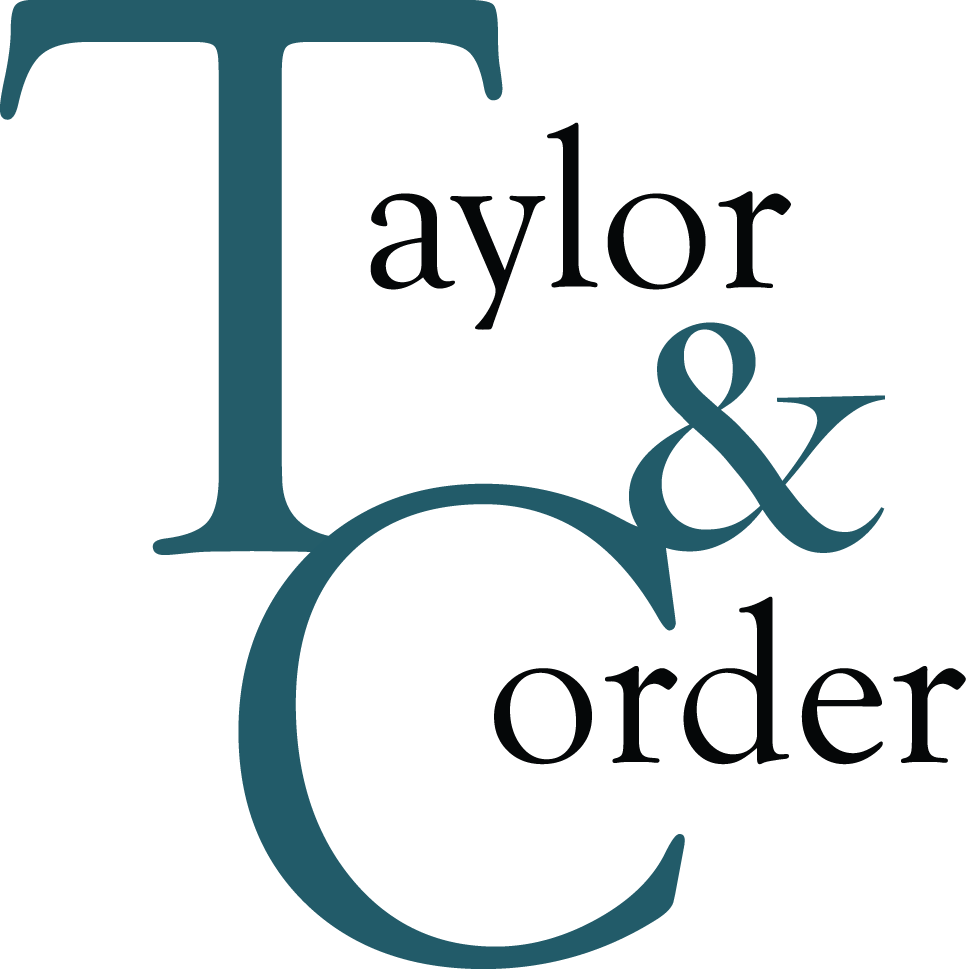Blog 
Click here to go back
Long-Term Tax Planning: Tips and Tricks for Your Kids' Education and Your Retirement
Long-Term Tax Planning: Tips and Tricks for Your Kids' Education and Your Retirement
![]() For most people, long-term tax planning is something they know they need to get to, but it’s not a monthly or even annual habit. And we’ve found that most of the time it’s simply because people just don’t know how. Sound familiar? You want to get a tax plan in place but don’t understand all the options and don’t know how to figure out what would be best for your specific situation. All this likely leaves you stuck. That’s where we come in. We know the plans and programs available, and the ways tax reform is shifting your options. Additionally, we know how to ask the right questions to put you in the driver’s seat when it comes to long-term tax planning.
For most people, long-term tax planning is something they know they need to get to, but it’s not a monthly or even annual habit. And we’ve found that most of the time it’s simply because people just don’t know how. Sound familiar? You want to get a tax plan in place but don’t understand all the options and don’t know how to figure out what would be best for your specific situation. All this likely leaves you stuck. That’s where we come in. We know the plans and programs available, and the ways tax reform is shifting your options. Additionally, we know how to ask the right questions to put you in the driver’s seat when it comes to long-term tax planning.
529 Plans
If you have kids, you probably lie in bed at night and think of all the things they’re going to need as they grow up. If you’re a planner, you might think about their college fund and how you’re going to grow it. The cost of education has only increased in recent years. In fact, College Board reports the trends in their 2017 report, where they highlight that college costs went up 3% in just the past year. (Not to mention the astronomical increase in tuition costs since the late 80s, especially at private colleges and universities.) As such, you’re probably searching (along with most parents) the best way to finance your children’s educations. We’re here to help with some simple tax options that you may not know about.
A 529 Plan, a tax-advantaged savings plan, is legally known as a “qualified tuition plan.” What’s that mean? Basically, it’s a savings plan that is tax-deferred. If the money is used for qualified higher education expenses, the money can be used tax-free. Additionally, any capital gains from your investment are tax-free as well. The best thing about these savings plans is that because of tax reforms, now up to $10,000 can be used toward K-12 tuitions. (When using these funds for college education, money can be used not only for tuition, but also room and board, technology items, and books and supplies.) No matter what state 529 Plan you invest in (each state is slightly different and Savingforcollege.com lists the top 10), you can use the funds for any qualified college nationwide. That’s over 6,000 colleges and universities, and even covers more than 400 international colleges and universities. But know that as an Oregon resident, you may get tax benefits when investing in an Oregon 529 Plan. (The same could be true if you’re a resident of another state and open a 529 Plan with that state.) Call us, and we’ll walk you through the 529 Plan that’s best for you, your taxes, and your kids.
IRAs and 401(k)s
Once you have your kids’ education plans situated and you’re confident that your right-now and near-future tax benefits are taken care of, it’s time to strategize long-term taxes and think about retirement. The goal in retirement is to keep your taxable income as low as possible. Keep in mind that many of the tax deferments during working years can come back with higher tax rates during retirement. There are things you can do before you’re 54 to qualify your withdrawals and reduce taxes later. Call us and we’ll talk about what these tax benefits might look like for you.
Charities
Charitable contributions are a great way to generate tax deductions. Many don’t realize that you can really optimize your tax benefits if you apply a little strategy to your giving. Last year, tax reform changed tax brackets and tax deductions, so you might not realize that shifting some little things can make a huge difference. Think about this: you give a few thousand dollars every year to your favorite charity. Kudos! But what if you’re hitting the standard deduction? You’re missing out on some advantages, and it might behoove you to donate a larger amount every other year instead. We thrive on strategic tax planning — call us and we’ll answer your tax questions.
Diversification
Some of the most important tax advice we can give is to look for ways to diversify your retirement income. From Roth accounts to social security, savings accounts to bonds, pensions to rentals, we can strategize ways to keep your income diverse. This is vital, especially if you find yourself in a higher tax bracket.
If you want to explore some long-term tax planning, odds are that we can help strategize a better tax solution for you. Call us — we’re all for tax planning that benefits your financial future.




